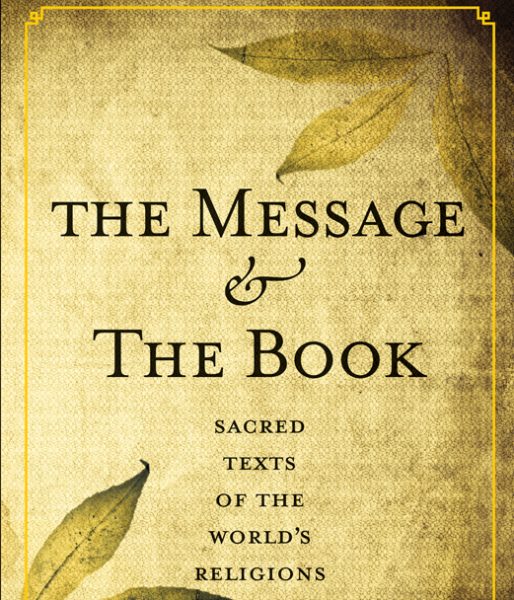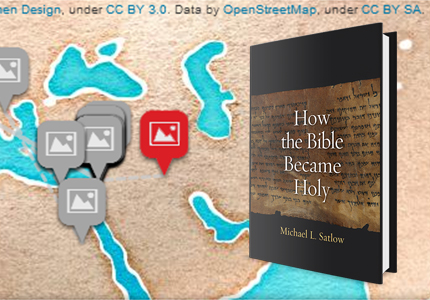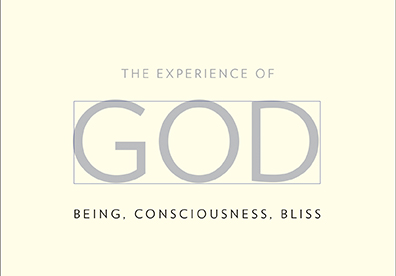The Message and the Book: Understanding Religious Diversity Through Sacred Texts
Recently, a user on Reddit, a popular social news sharing site, posted a photo of a Sikh woman with a facial hair commenting, “I’m not sure what to conclude from this.” It was posted in a thread labeled “funny,” in an attempt to publicly humiliate the woman. But then the woman responded with a beautiful post, explaining why she presents herself in such a manner. She described the Sikh belief in not rejecting the body they have been granted, writing:
By crying ‘mine, mine’ and changing this body-tool, we are essentially living in ego and creating a separateness between ourselves and the divinity within us. By transcending societal views of beauty, I believe that I can focus more on my actions… When I die, no one is going to remember what I looked like, heck, my kids will forget my voice, and slowly, all physical memory will fade away. However, my impact and legacy will remain…
 Her response was dignified, respectful, and enlightening. It even moved the original poster to apologize, a rare internet occurrence. The incident sprung from a sense of confusion, which often leads to unwarranted hatred. With religion as a driving factor in the lives of so many, it is ever important to work to understand the basis of others’ beliefs.
Her response was dignified, respectful, and enlightening. It even moved the original poster to apologize, a rare internet occurrence. The incident sprung from a sense of confusion, which often leads to unwarranted hatred. With religion as a driving factor in the lives of so many, it is ever important to work to understand the basis of others’ beliefs.
Globally renowned religious scholar John Bowker is an equal opportunity academic. In his sweeping analysis of the world’s major religions, The Message and the Book: Sacred Texts of the World’s Religions, he discusses key texts of Jewish, Muslim, Christian, Hindu, Sikh, Jain, Parsi, Buddhist, Confucian, Daoist and Shinto traditions. In each chapter he discusses a different religion or world region, walking the reader through major texts, important figures, and diverse histories. Bowker knows this is not a small undertaking, writing:
No one has read all the sacred texts of the world; nor will anyone ever do so. There are simply too many for any individual to read them all. As this book makes clear, there are at least 100,000 of them, perhaps a quarter of a million, maybe even more.
These sacred texts serve many purposes; they represent the word of God, teach the lessons of the gods, or explain the steps towards becoming an enlightened individual. Because they have been passed through generations, individual readers are left to draw their own conclusions and morals. Bowker believes this flexibility is what allows individuals to feel a connection with both communities and texts. He writes:
The point is there is no single ‘meaning’ of a test waiting to be found and accepted by all people, and that is true… the experience of reading or hearing a sacred text is a two-way interaction: the text offers to its readers or listeners challenge and opportunity, but readers and listeners discern in the text the meanings that connect with their own experience and biography…
This, Bowker argues, is why one must not use the seemingly endless pool of sacred writings as an excuse for ignorance. Instead, one should embrace the wonderfully broad base of knowledge and interpretation available through these texts, working to gleam individual meaning and a deeper understanding of others. Perhaps if some internet users would take on this philosophy, there would be a great deal less hate.


























